Interviewer: Elizabeth Zelvin
When and how did you become a writer?
My father wanted to be a writer. He wrote one novel and several short stories. He never sold anything, but when I was a child I thought he would. I think I was trying to emulate him when I wrote as a kid and then decided that’s what I wanted to do with my life. I was twenty-five when something I’d written was first published, a novelty book called Suzuki Beane. The illustrator was Louise Fitzhugh who went on to write Harriet the Spy. We sold Suzuki overnight and that’s what I thought the writing life was going to be like. The joke was on me.
I wrote three novels after that and none of them got published.
You wrote your 1984 book A Creative Kind of Killer, which won the Shamus award and was nominated for an Edgar, under the pseudonym Jack Early. What made you decide to use a masculine pen name? What prompted you to let it go and write under your own name? What kind of impact, if any, did name and gender issues have on your career?
The voice in the book came to me as a man. And in first person. I thought it might be distracting to have a woman’s name on it. And although I’d published quite a number of novels by then…let’s just say it was time for me to reinvent myself.
I let it go after two more Early books because another voice came to me. This was a woman’s voice, again in the first person. Also, the book was about a lesbian detective and I didn’t think a man’s name on it would be very politic.
The Early books got great reviews and I was compared to some of the best male crime writers. That hadn't happened to Scoppettone before and it hasn’t since. In 1984 there weren’t a lot of women being nominated for crime awards. Can’t prove a thing, but I’ll never be dissuaded that using a man’s name on the book at that time accounted for its reception.
You were one of the founding mothers of Sisters in Crime. What was that like for you?
It was strange because I was Jack Early then. I can see a group of us in Baltimore, sitting around a table in a hotel room, I think. Each said who she was and what she wrote. It was very exciting because I’d read some of these women. We had no idea what SinC would become. It didn’t have a name then.
How effective do you think SinC has been in changing things for women writers?
I have no statistics but there was a period in there when tons of women were getting published and winning the prizes. I think there are over 3000 members now. It has obviously helped a lot of women know they’re not alone. As for actual sales you’d have to ask someone else. Getting reviewed in certain newspapers is still a problem.
Your work includes series and stand-alones, adult and young adult books. What have been the high points in your long and varied career? How about low points, if you’re willing to share?
A high point was selling my first novel. Once again it gave me a false impression of the publishing business because it sold in a week. This was my first YA novel. Another high point was being reviewed for the first book in my detective series in the daily New York Times. That’s a lot harder and more prestigious than getting reviewed in the NYTBR. At least, I think it is.
Low points? Plenty. Certainly writing under the name Jack Early was a low point, despite how it turned out. As I said, I needed reinvent myself. I couldn’t get arrested as Scoppettone. Another low was not getting a contract to continue my Faye Quick series. And right now isn’t too hot. I spent the last year writing over two hundred pages (without a contract) only to put it away because I couldn’t make it work.
How much of you is there in your various protagonists? Do you have a favorite among the characters you’ve created?
There’s a lot of me in all my protagonists. But I can’t write about myself directly. No memoir or autobiographical novel for me. I guess my favorite character is Lauren Laurano in my five-book detective series.
Your latest work is the Faye Quick series, set during World War II. What drew you to the period and to the noir style? What have been the challenges?
The forties has always been a favorite decade of mine but I’d never set a book then. The idea of a woman taking over a detective agency because her boss had to go to war just popped into my mind one night.
I don’t see these books as being in the noir style. Not at all. Noir to me is dark. The Faye Quick books are light and funny. I hope. But some reviewers have called them noir. I don’t understand that.
What’s the difference for you in working on a series book or a stand-alone? What have you learned about writing a series that has helped you with the latest one?
I don’t really like writing a series because the excitement of creating new characters is not there. Yes, each book has some new characters, but your protagonist is your protagonist.
A stand-alone is exciting. Everything is new. What I learned about writing a series is never to write more than four. This time it was decided for me and there will only be two.
How about your young adult books? What drew you to that audience?
I directed a play with kids for a community theater project, Youth On Stage. I don’t have any children but I was around teens for an entire summer. They gave me the idea. And two friends of mine were writing YAs so I thought I’d give it a shot.
How different was it from writing for adults? What demands did the genre make?
It was writing a novel. I didn’t feel there was any difference. Only the cast of characters. I can’t think of any particular demands. In my YAs I was able to write about all the topics that interested me.
Not all of your YA books were mysteries, though the last, Playing Murder in 1985, got another Edgar nomination. Was there a unifying thread in your YA books? Would you ever write another?
I don’t know. I think that’s for someone else to see. As for writing another, I don’t ever want to say no.
The Jack Early book Donato & Daughter was made into a movie. What was that experience like?
There was no experience. Not for me. I got the check and saw the finished movie on TV with everyone else.
You lived in New York City for many years before moving out to the North Fork of Long Island in 1998. How do you like country living? Do you ever get into the city? Has it become the proverbial nice place to visit?
I’ve lived here twice. Seventeen years apart. I like the quiet. It’s somewhat annoying during the summer when it’s not so quiet as this is a resort area. A number of my friends from New York also live here.
I get into the city about three or four times a year. I’m not sure it’s a nice place to visit. I think I had the best years of NYC. It’s impossibly expensive and seems dirtier than I remember.
What’s next for Sandra Scoppettone?
I have a new idea but I never talk about what I’m going to do. It’s dangerous for me to do that. If I talk about it then I don’t want to write it.
After all this time, what keeps you writing?
I don’t know how to do anything else and I’m a writer. That’s what I do.
Thursday, April 26, 2007
Interview with Sandra Scoppettone
Subscribe to:
Post Comments (Atom)




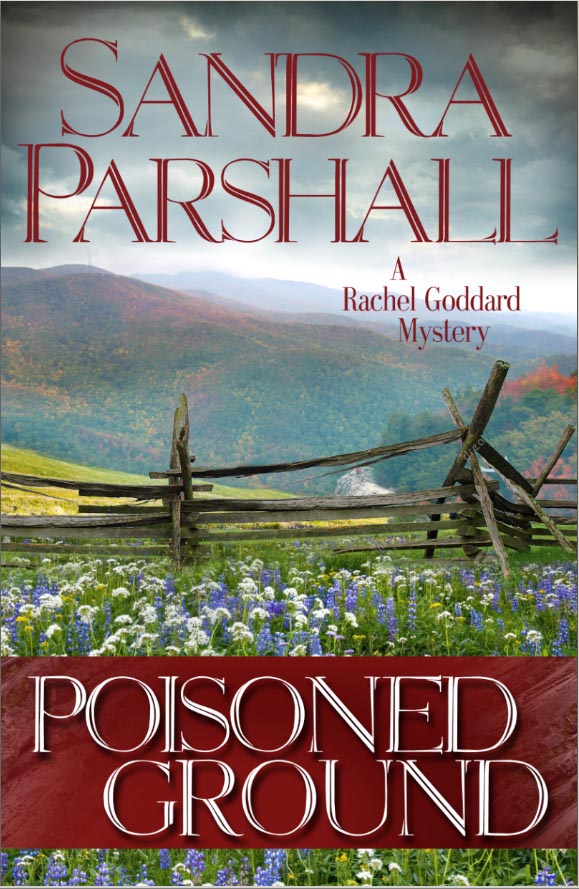
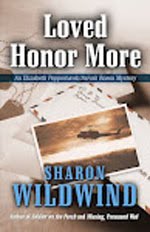
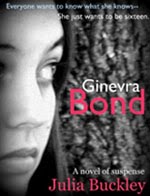
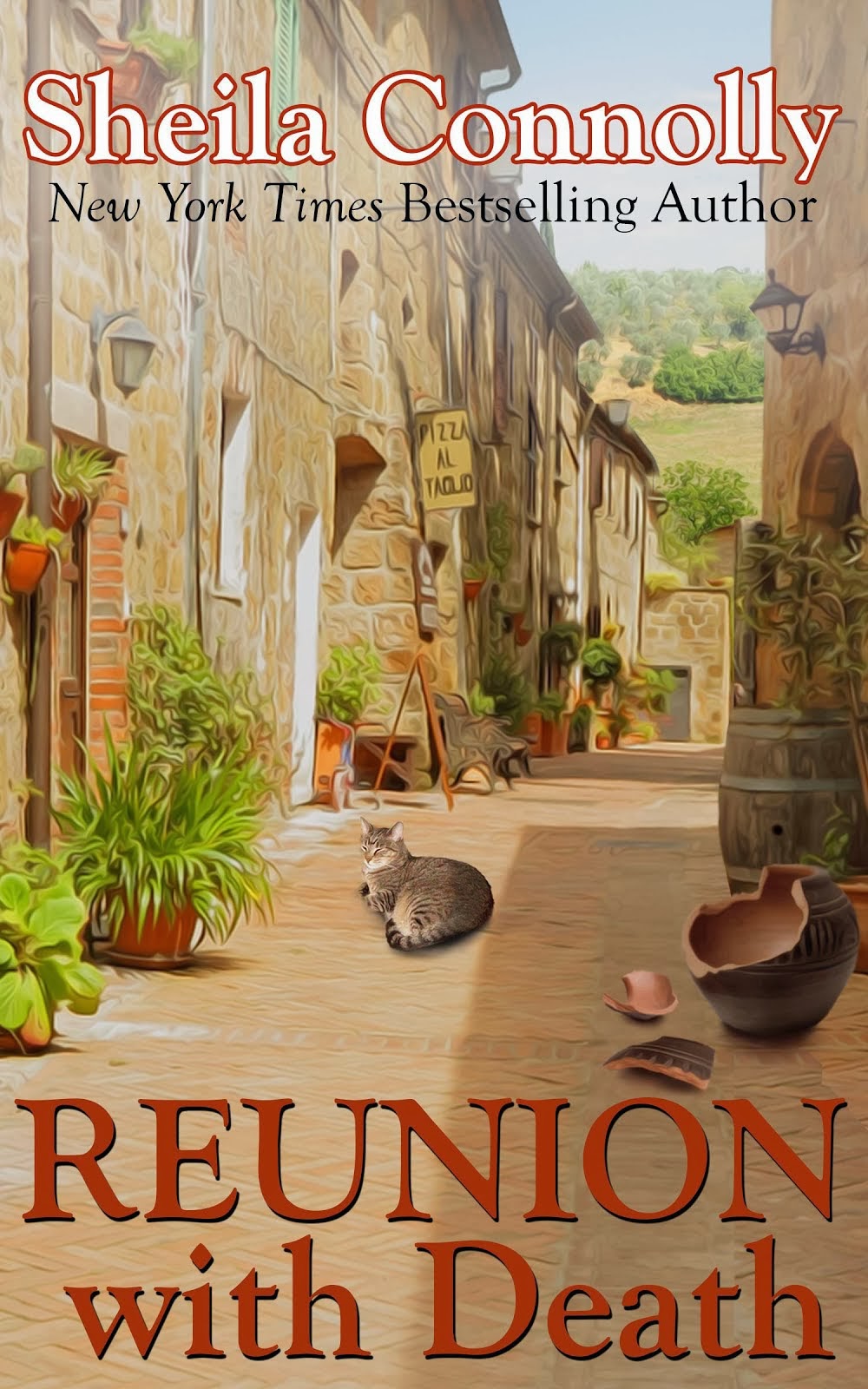
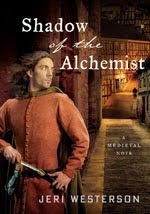

No comments:
Post a Comment